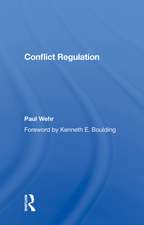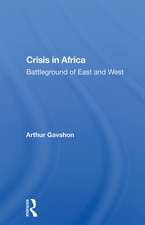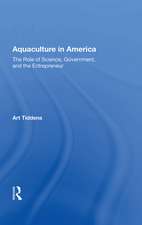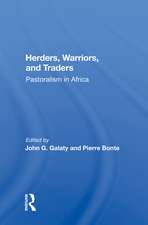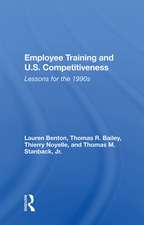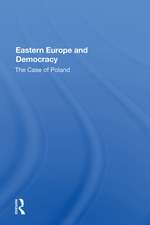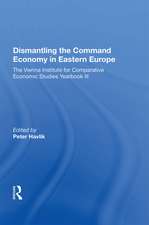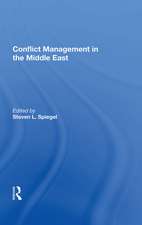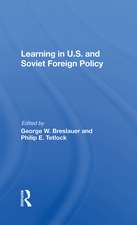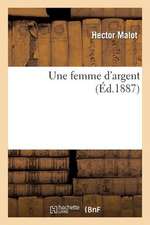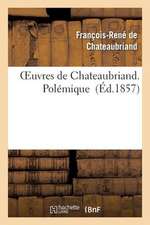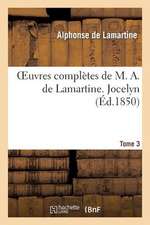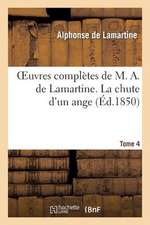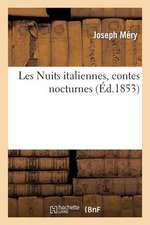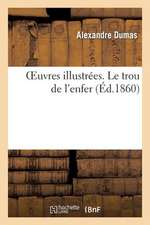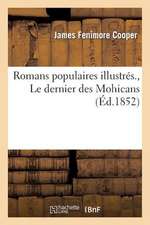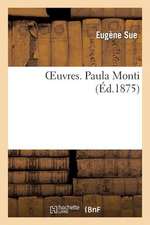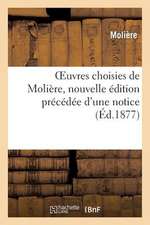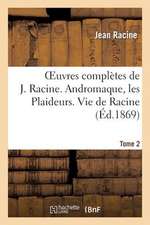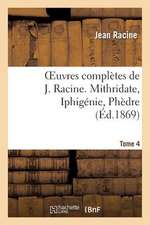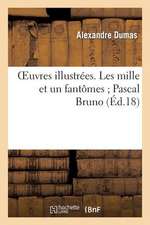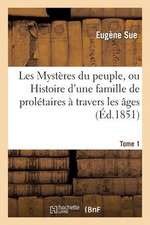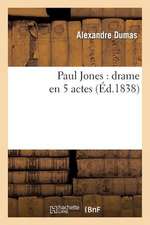Imagining Palestine: Cultures of Exile and National Identity
Autor Tahrir Hamdien Limba Engleză Hardback – 14 dec 2022
| Toate formatele și edițiile | Preț | Express |
|---|---|---|
| Paperback (1) | 191.67 lei 6-8 săpt. | |
| Bloomsbury Publishing – 26 iun 2024 | 191.67 lei 6-8 săpt. | |
| Hardback (1) | 510.83 lei 6-8 săpt. | |
| Bloomsbury Publishing – 14 dec 2022 | 510.83 lei 6-8 săpt. |
Preț: 510.83 lei
Preț vechi: 731.44 lei
-30% Nou
Puncte Express: 766
Preț estimativ în valută:
97.76€ • 101.44$ • 81.71£
97.76€ • 101.44$ • 81.71£
Carte tipărită la comandă
Livrare economică 15-29 martie
Preluare comenzi: 021 569.72.76
Specificații
ISBN-13: 9781788313407
ISBN-10: 1788313402
Pagini: 248
Dimensiuni: 156 x 234 mm
Greutate: 0.53 kg
Editura: Bloomsbury Publishing
Colecția I.B.Tauris
Locul publicării:London, United Kingdom
ISBN-10: 1788313402
Pagini: 248
Dimensiuni: 156 x 234 mm
Greutate: 0.53 kg
Editura: Bloomsbury Publishing
Colecția I.B.Tauris
Locul publicării:London, United Kingdom
Caracteristici
Takes an interdisciplinary approach covering topics such as critical theory, history, politics, poetry and other literary texts, music, wall art and prison writings
Notă biografică
Tahrir Hamdi is Professor of Decolonial Studies at Arab Open University, Jordan. She is on the editorial board of several prestigious journals and has published widely on resistance literature.
Cuprins
IntroductionList of Figures1. The Restless Spirit: Palestine Theorized2. Exile is the World Inside: the Poetry of Resistance and Solidarity3. Writing Self, Writing Nation in the Memoir and the Novel: Palestine Narrated4. Writings on the WallConclusion. Continuing the Conversation: Palestine, a Living Cause
Recenzii
With elegant prose and insightful ideas, Tahrir Hamdi has written a theoretical work that will be of interest to students and scholars of Palestine and Middle East studies and Arabic literature. However, because she emphasizes that transformation of theory into action, her book belongs on the shelf of everyone who is participating in the solidarity movement, partly because she thoroughly explains what it means to act in solidarity but also because her prose counters defeatist attitudes with a blueprint for victory.
What is so brilliant about this book is that it links the human approach by so many of the Palestinians discussed here to the same paradoxical epistemo-logical and moral questions: navigating between their universal values, unconditional commitment to the liberation of Palestine, and their particular mode of expression. Such navigation is at the heart of the "Theory of Palestine."
This book could only be written by Tahrir Hamdi, an esteemed literary scholar from a family rooted in Palestinian resistance politics. Hamdi here models Said's 'intransigent' intellectual, demanding irresistibly that postcolonial studies reclaim its radical roots and, in accounting for Palestine, realign with decolonial politics.
Tahrir Hamdi's perspicacious interrogation of works of major Palestinian literary figures and international solidarity poets, concretizes ideas of RETURN, as the Palestinian imaginary. RETURN presupposes the dismantling of Zionist institutions in the process of liberation to build a democratic Palestinian state.
What is so brilliant about this book is that it links the human approach by so many of the Palestinians discussed here to the same paradoxical epistemo-logical and moral questions: navigating between their universal values, unconditional commitment to the liberation of Palestine, and their particular mode of expression. Such navigation is at the heart of the "Theory of Palestine."
This book could only be written by Tahrir Hamdi, an esteemed literary scholar from a family rooted in Palestinian resistance politics. Hamdi here models Said's 'intransigent' intellectual, demanding irresistibly that postcolonial studies reclaim its radical roots and, in accounting for Palestine, realign with decolonial politics.
Tahrir Hamdi's perspicacious interrogation of works of major Palestinian literary figures and international solidarity poets, concretizes ideas of RETURN, as the Palestinian imaginary. RETURN presupposes the dismantling of Zionist institutions in the process of liberation to build a democratic Palestinian state.

